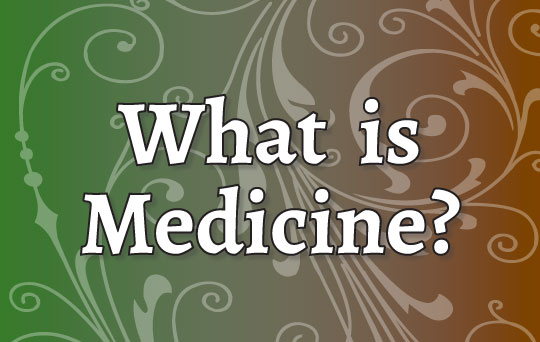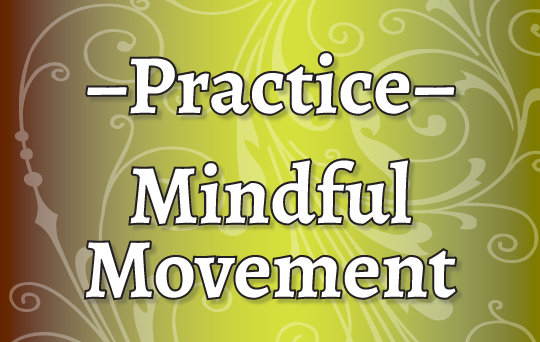Studies show that meditation can improve psychological well-being by reducing stress, anxiety, addiction, and depression and by improving memory and critical thinking. But did you know that meditation can also make structural changes to the brain itself? A meditation practice can change the way neurons communicate with each other and is capable of creating new circuits. Meditation can help some brain regions become denser and more connected while loosening and opening others. Meditation can also reduce blood pressure and bolster the immune system. Why wait? Get started today!
Pain Matrix
In one study conducted study subjects were given a pain stimulus once without any instruction and once with the instruction to practice mindfulness (asking themselves the question, “Is this a tolerable pain? Can I handle it?”). The researchers found that not only did the study’s participants report 27% lower pain sensation after using the mindfulness technique, there was 45% less brain activity after subjects used the mindfulness technique. The researchers concluded that mindfulness can improve both the perception of pain and the actual neural response to pain. This was confirmed when Dr. Joshua Grant conducted the same pain experiment on subjects who already practiced meditation. Dr. Grant found that the number of hours of meditation a person had completed was directly related to his or her ability to tolerate pain during the experiment, ie: more time spent meditating led to a higher pain tolerance.
Posterior Cingulate Cortex “PCC”
The “PCC” in associated with “mind wandering,” rumination, self-reflection, and self-referential processing. Meditation increases gray matter in the Posterior Cingulate Cortex.
Temporo-Parietal Junction “TPJ”
The “TPJ” functions inversely to the “PCC;” it is associated with perspective-taking and empathy. Increased gray matter in the “TPJ” (as a result of meditation) resulted in subjects’ increased ability to read the emotions of the faces of strangers.
Heart
Meditation may protect against heart disease. One study of forty older adults found that the eight-week Mindfulness-Based Stress Reduction training reduced concentrations of the marker C-reactive protein, which is associated with the development of heart disease.

Immune System
In the same study of older adults, carried out at the University of California, Los Angeles, researchers found a drop in the expression of a group of genes that activate inflammation and are part of the body’s immune response.
Amygdala
The amygdala is a structure in the brain that is involved in our perception of negative emotions and stress. The amygdala actually grows more dense as a result of increased stress. However, those who practice meditation show decreased are in the amygdala during stressful moments and a reduction of amygdala tissue density over time. Thus, meditation has the ability to alter acute stress response and to modify the structure of the brain.
Blood Pressure
In a study at the Benson-Henry Institute for Mind Body Medicine in Boston, hypertension patients were instructed to try “relaxation response” (a daily meditation method developed by a cardiologist). After three months of practice, forty of the sixty patients were able to reduce their medication thanks to reduced levels of blood pressure. The meditation practice helped the body increase its production of nitric oxide, a gas that is used to expand blood vessels, increasing the size of the channels through which blood can flow, and lowering the pressure required to pump blood through the body.
Hippocampus
The hippocampus is a seahorse-shaped region of the brain (actually, there are two of them) that helps us form new memories from experiences. As with the amygdala, the hippocampus responds to stress. However, with stress, the hippocampaus shrinks. A study with sixteen people, who took an eight-week Mindfulness-Based Stress Response training, found that the hippocampus is sensitive to cortisol, is negatively impacted by stress hormones, and gets smaller with stress. The group of meditators increased the concentration of gray matter in the left hippocampus following the mindfulness training.
Pre-Frontal Cortex
The pre-frontal cortex thins with age, contributing to cognitive decline in later years. However, regular and long-term meditators are able to avert and even reverse this change.







